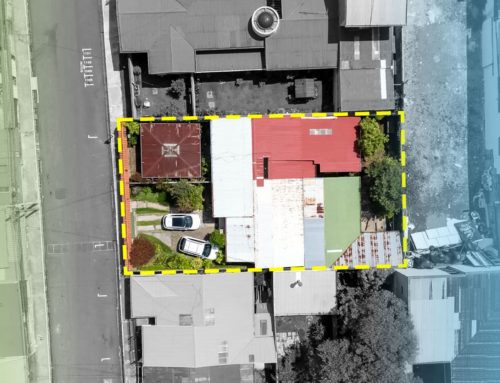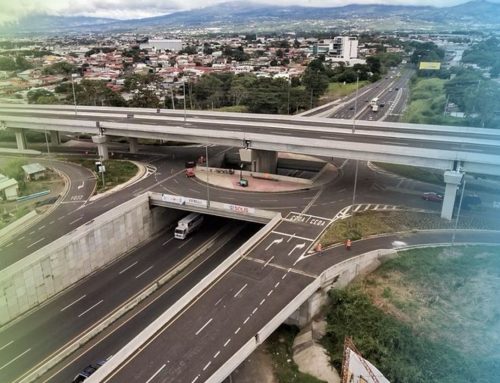The industrial and commercial real estate market in Costa Rica is undergoing a phase of growth and dynamism. The country attracts foreign direct investment due to its strategic location, political and economic stability, and skilled workforce.
In 2023, foreign direct investment (FDI) in Costa Rica reached $2.3 billion, marking a 15% increase from the previous year.
For 2024, studies conducted by CFIA and CENFI indicate the following trends in the market:
Construction permits and investment trends
According to the 2024 outlook report from the Federated College of Engineers and Architects of Costa Rica (CFIA), it is estimated that permits for the construction of 600,000 square meters (m2) of industrial and commercial properties have been requested so far in 2024. This indicates a 12% growth compared to 2023.
Of this figure, 50% would correspond to industrial projects and the remaining 50% to commercial projects. The industrial sector would be primarily concentrated in the provinces of Alajuela, Grecia, and Cartago. In contrast, the commercial sector would be predominantly focused in the provinces of San José and Heredia.
Additionally, the CFIA report indicates that 33% of the construction permits would be allocated for expansion and remodeling projects.
This highlights a trend where companies are investing in enhancing their existing facilities to align with market trends, rather than investing in new locations.
The trend towards expansion and remodeling projects reflects the strategic adaptation of businesses. Contemplating the modernization of existing facilities is an appealing option to stay competitive and respond efficiently to the ever-evolving demands of the business market.
Trending types of construction projects
In 2024, the leading trends in the Costa Rican industrial and commercial real estate market are expected to include:
- Expansion and remodeling projects: Driven by the necessity of businesses to adapt to emerging market trends.
- New construction projects: Fueled by increasing foreign direct investment (FDI) and the growth of e-commerce.
Within the industrial sector, the focus is anticipated to be primarily in the provinces of Alajuela, Grecia, and Cartago, in free trade zones and nearby areas.
Investing in roads and public infrastructure outside the Greater Metropolitan Area serves as a significant investment incentive. Understanding and addressing the specific needs that arise from this will maximize the potential for real estate, commercial, industrial, and various local market developments.
Market influences: industry and commerce
- Foreign Direct Investment (FDI): This drives the demand for industrial and logistics spaces across various sectors. Different markets are recovering after the pandemic, leading to increased dynamism in Costa Rica’s business sector.
- E-commerce: There is a growing demand for storage and distribution spaces. Additionally, with the ongoing development of roads and infrastructure in the country, areas outside the Greater Metropolitan Area (GAM) are increasingly becoming part of new investments.
- Free Trade Zones: These provide a favorable environment for business investment and operation. This not only propels the growth of companies but also stimulates real estate, commercial, and overall community development.
Free trade zones continue to be determining for real estate growth in the country. These areas provide a conducive environment for business investment and operation, contributing to the expansion of local communities by attracting individuals and families ready to invest in housing, education, healthcare, and more.
The commercial market in Costa Rica is currently thriving, with expectations of sustained growth throughout 2024.
For those seeking industrial and commercial investment opportunities in Costa Rica, the first step is to collaborate with local expert advisors!









